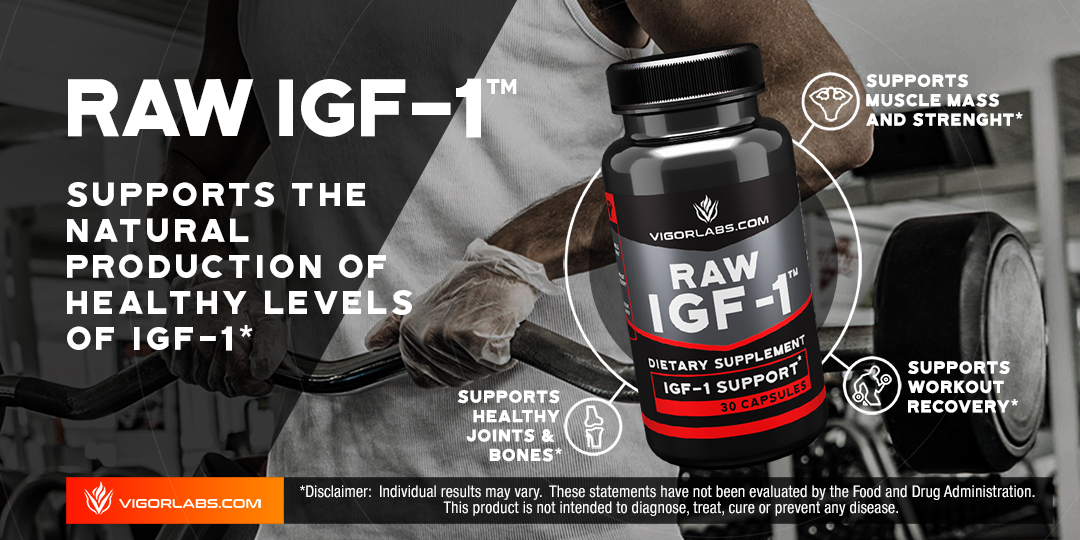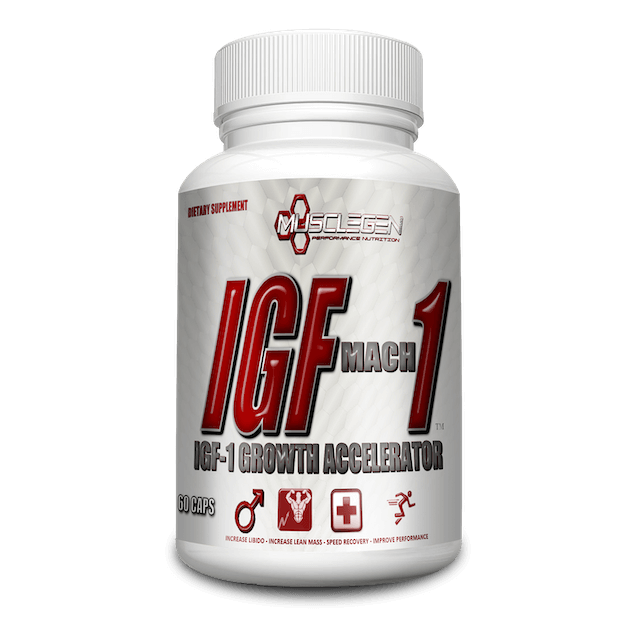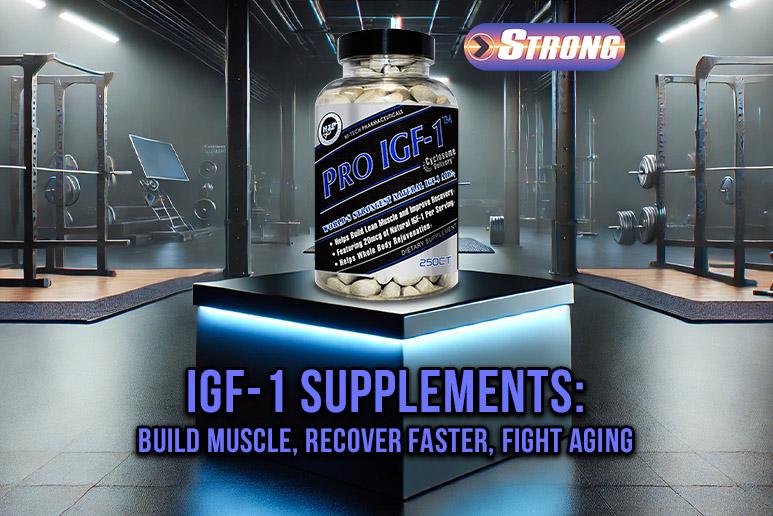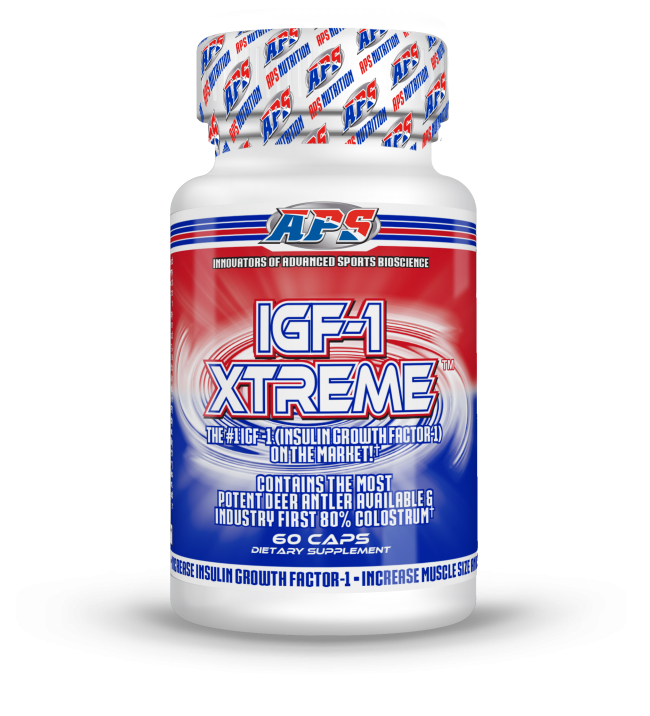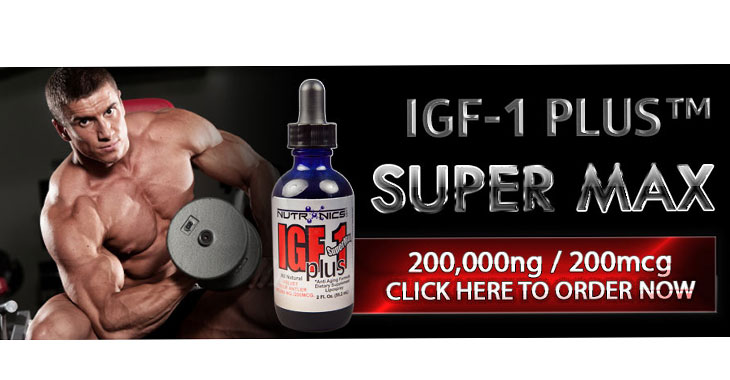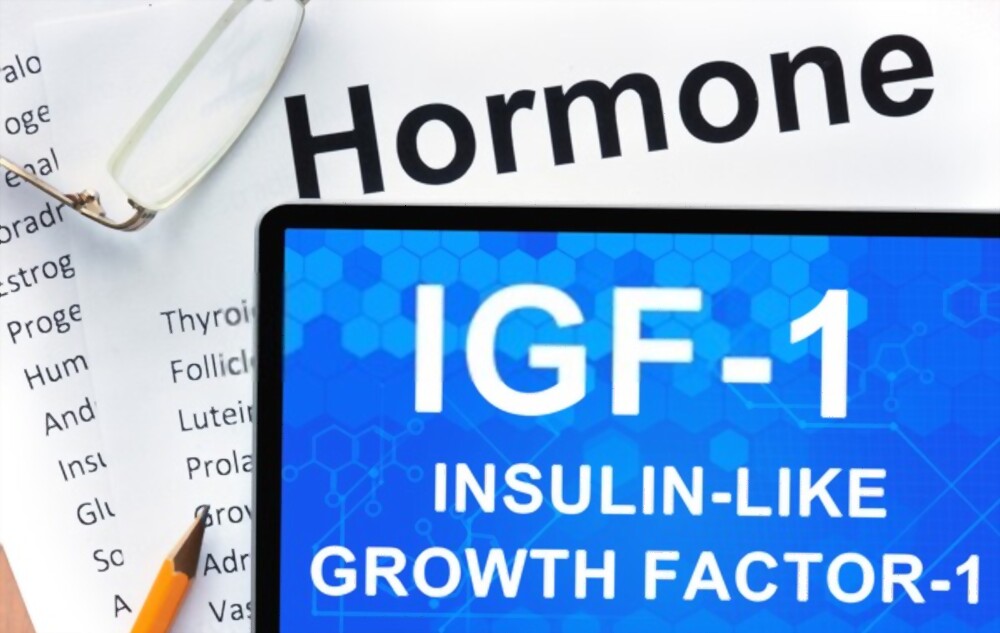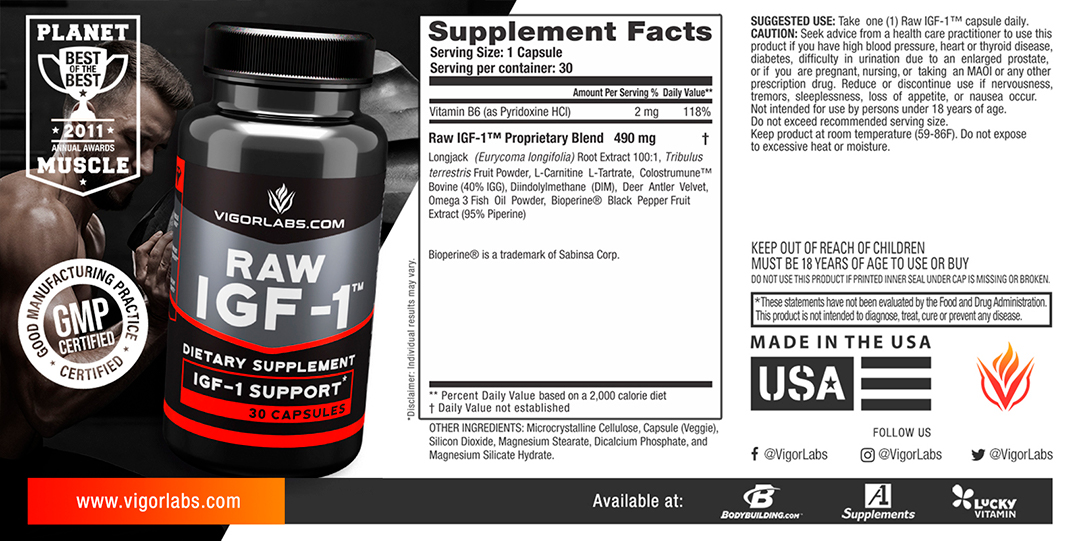What Is The Best Igf-1 Supplement
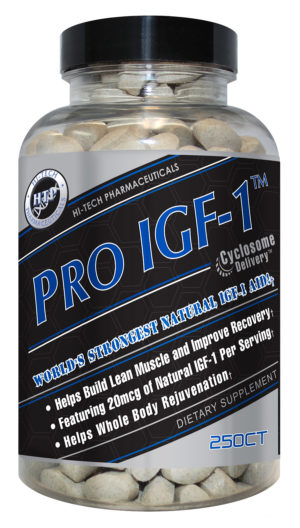
The quest for enhanced muscle growth, improved recovery, and overall vitality has fueled a relentless search for effective supplements. Among the myriad options, Insulin-like Growth Factor 1 (IGF-1) has emerged as a particularly intriguing target, promising a cascade of benefits for athletes and individuals seeking to optimize their physical performance. But navigating the complex landscape of IGF-1 supplements requires careful consideration, as questions of efficacy, safety, and legality loom large, demanding a critical examination of available options.
This article delves into the world of IGF-1 supplements, dissecting the science, exploring the various forms available, and assessing their potential benefits and risks. It aims to provide a comprehensive overview of the current understanding, enabling readers to make informed decisions regarding their health and wellness. We will address the crucial question: What truly constitutes the "best" IGF-1 supplement, considering both scientific evidence and regulatory realities?
Understanding IGF-1 and its Role
IGF-1 is a hormone naturally produced in the body, primarily in the liver, in response to growth hormone (GH). It plays a crucial role in cell growth, proliferation, and differentiation. Its effects are widespread, influencing muscle development, bone growth, and even cognitive function.
The appeal of IGF-1 supplements stems from the potential to amplify these effects. Proponents suggest benefits ranging from increased lean muscle mass and accelerated recovery to enhanced fat loss and improved energy levels. However, it's crucial to distinguish between legitimate IGF-1 and products marketed with misleading claims.
Types of IGF-1 Supplements: Separating Fact from Fiction
The term "IGF-1 supplement" is often used loosely, encompassing a range of products with varying mechanisms of action. It's essential to differentiate between actual IGF-1 and substances that claim to boost the body's own IGF-1 production.
Recombinant IGF-1 (rhIGF-1) is a synthetic version of the hormone. It is a prescription medication typically used to treat growth disorders. Legitimate rhIGF-1 is available only through a doctor's prescription.
Dietary supplements claiming to contain IGF-1 derived from deer antler velvet are prevalent. Deer antler velvet naturally contains IGF-1, but the amount and bioavailability in these supplements are often questionable. Studies on their efficacy have yielded mixed results, with some showing no significant effect on IGF-1 levels or muscle growth.
IGF-1 precursors and boosters are another category, promising to stimulate the body's own IGF-1 production. These typically contain amino acids, vitamins, or herbal extracts. Their effectiveness in significantly raising IGF-1 levels and delivering tangible benefits remains a subject of ongoing debate.
The Science Behind IGF-1 Supplementation: What Does the Research Say?
Research on the effects of IGF-1 supplementation is complex and often inconclusive, especially concerning over-the-counter supplements. Studies involving rhIGF-1, administered under medical supervision, have shown potential benefits in specific clinical populations.
However, the evidence supporting the efficacy of deer antler velvet or IGF-1 boosters for muscle growth and performance enhancement in healthy individuals is less robust. Many studies are small, poorly controlled, or sponsored by supplement manufacturers, raising concerns about bias.
A 2012 meta-analysis published in the Journal of Strength and Conditioning Research examined the effects of deer antler velvet supplementation on strength and aerobic power. The researchers concluded that there was "little evidence" to support its use for enhancing athletic performance.
Potential Risks and Side Effects
Using rhIGF-1 without medical supervision carries significant risks. Side effects can include hypoglycemia (low blood sugar), swelling, joint pain, and an increased risk of certain cancers. It is imperative that use is guided by a qualified medical professional.
The safety profile of deer antler velvet and other IGF-1 boosters is less clear, but potential risks include allergic reactions and interactions with medications. The lack of standardized manufacturing practices in the supplement industry also raises concerns about product quality and purity.
Legal and Ethical Considerations
The use of rhIGF-1 is strictly regulated and prohibited in many sports organizations. It is considered a performance-enhancing drug and is banned by the World Anti-Doping Agency (WADA). Athletes should be aware of these regulations to avoid potential penalties.
The legality of deer antler velvet supplements varies depending on the country and specific regulations. While generally available, the ethical considerations surrounding their use in sports remain a topic of debate.
Navigating the Market: Making Informed Choices
Consumers should approach IGF-1 supplements with a healthy dose of skepticism. Before considering any product, consult with a healthcare professional or registered dietitian. They can assess individual needs, evaluate potential risks and benefits, and provide personalized recommendations.
Carefully research any supplement brand and look for products that have been independently tested for purity and potency. Third-party certifications, such as those from NSF International or Informed-Choice, can provide an added layer of assurance.
Be wary of exaggerated claims and marketing hype. If a product sounds too good to be true, it probably is. Focus on evidence-based strategies for achieving fitness goals, such as proper nutrition, regular exercise, and adequate rest.
The Future of IGF-1 Research
Ongoing research continues to explore the potential therapeutic applications of IGF-1 in various medical conditions. Scientists are investigating its role in treating muscle wasting diseases, improving cognitive function in aging populations, and promoting tissue repair.
Future studies may shed more light on the effects of IGF-1 precursors and boosters, but it's unlikely that these supplements will ever replicate the potency and effectiveness of prescription rhIGF-1. The focus remains on optimizing the body's own IGF-1 production through lifestyle interventions.
Conclusion: A Balanced Perspective
While the allure of IGF-1 supplements is undeniable, the reality is far more nuanced. Legitimate rhIGF-1 is a powerful medication with potential benefits but also significant risks. Over-the-counter supplements claiming to boost IGF-1 levels often lack scientific backing and may not deliver the promised results.
The "best" IGF-1 supplement, therefore, may be no supplement at all. Prioritizing a healthy lifestyle, consulting with healthcare professionals, and critically evaluating product claims are essential steps for making informed decisions about health and wellness. Ultimately, sustainable progress is achieved through consistent effort and evidence-based strategies, rather than relying on quick-fix solutions.

